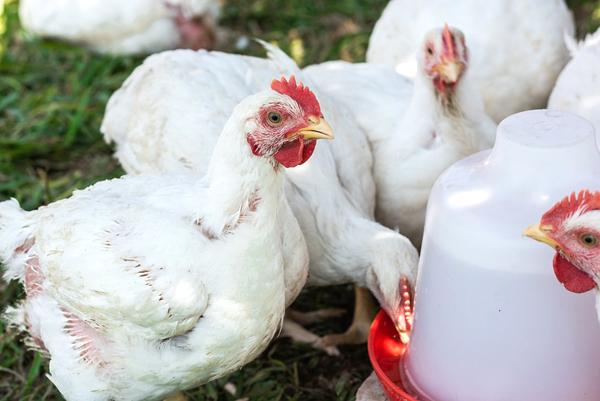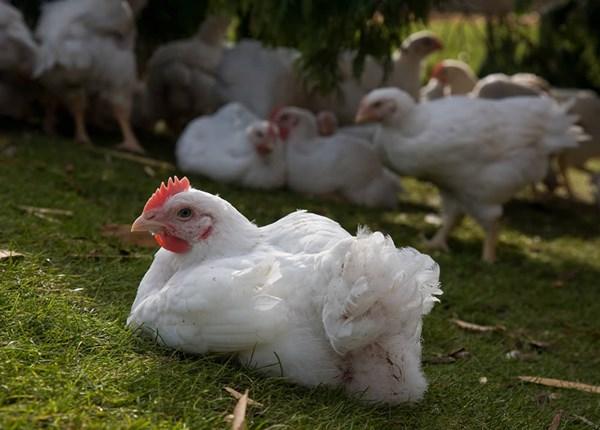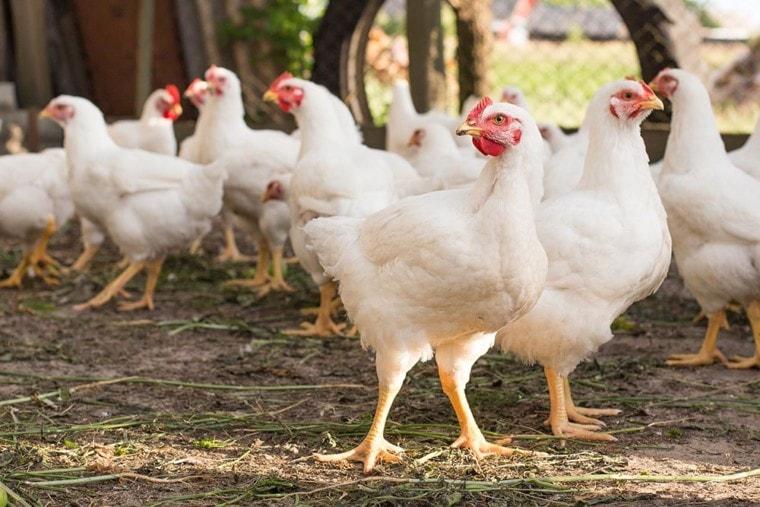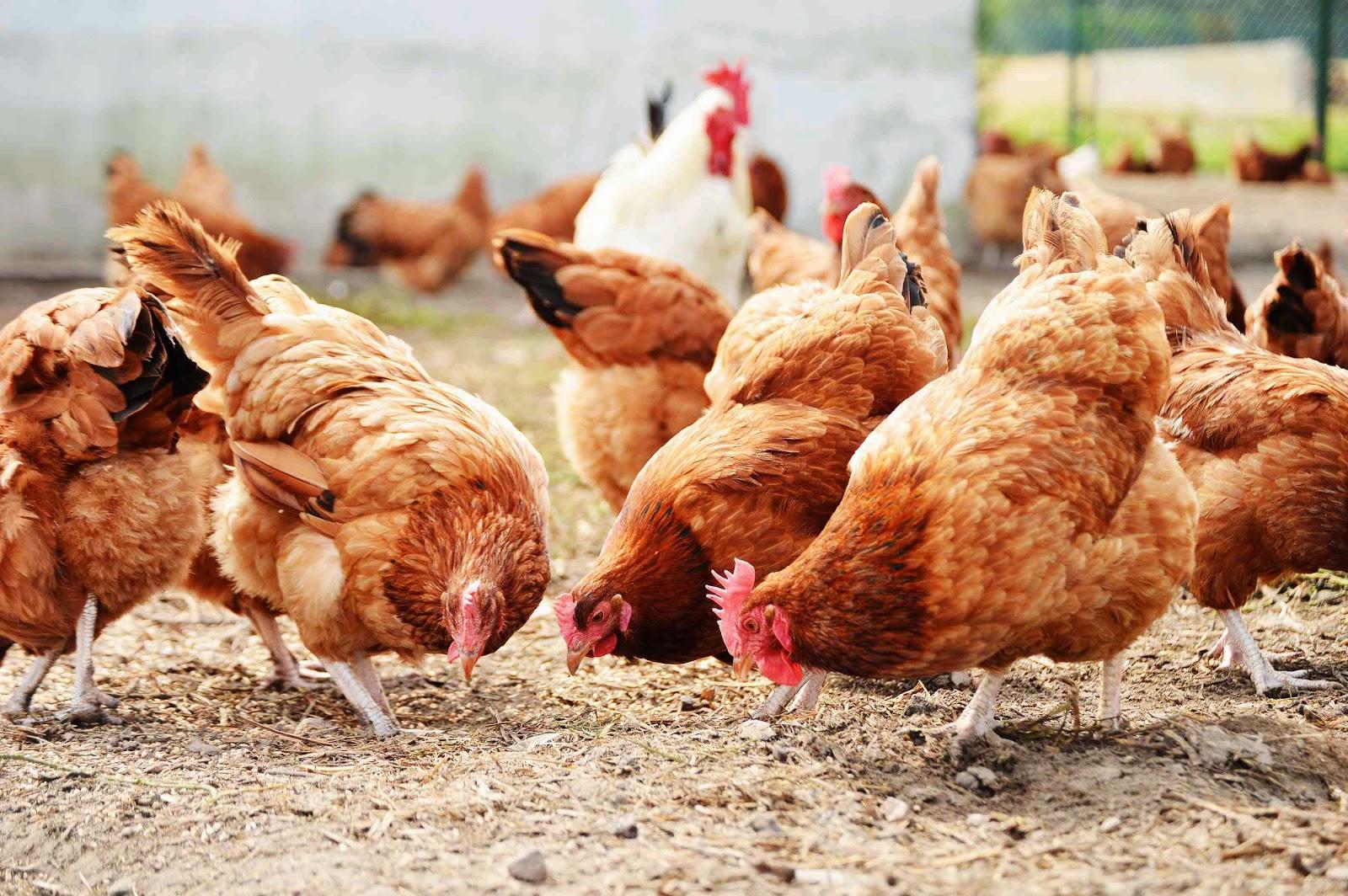To ensure a successful poultry farming business, it is important to conduct a SWOT analysis.
Poultry farming is a thriving industry in Nigeria, providing a significant food source and income. This article will walk you through the SWOT analysis for poultry farming in Nigeria. From understanding the industry’s potential to identifying strengths, weaknesses, opportunities, and threats, this article will equip you with the knowledge to make informed decisions and maximize your chances of success as a poultry farmer in Nigeria.
SWOT Analysis for Poultry Farming in Nigeria
Now that we have a foundation let’s conduct a SWOT analysis specifically tailored for poultry farming in Nigeria. This section will guide you through each aspect of the SWOT analysis, highlighting key considerations and providing practical examples.
Strengths of Poultry Farming in Nigeria
Identifying and leveraging the strengths of poultry farming is important for a successful poultry farm. Poultry farming in Nigeria possesses several strengths that contribute to its success and potential for growth. These strengths include:
- Favourable Climate Conditions: Nigeria has a good climate that supports poultry farming. The country experiences tropical and sub-tropical climates, providing suitable conditions for poultry production throughout the year. The availability of sunlight, moderate temperatures, and adequate rainfall in different regions favour the growth of poultry and the production of high-quality products.
- Large Domestic Market: Nigeria has a large population, translating into a significant domestic market for poultry products. The demand for poultry meat and eggs remains high due to population growth, urbanisation, and changing dietary preferences. This large market ensures a consistent demand for poultry products, creating opportunities for you to meet consumer needs and generate steady revenue.
- Growing Consumer Preference for Local Products: There is an increasing trend among Nigerian consumers to prefer locally sourced poultry products. This preference stems from the desire for fresher and healthier options and supporting local farmers and the domestic economy. You can capitalise on this consumer sentiment by highlighting your products’ quality, freshness, and traceability, thus gaining a competitive advantage in the market.
- Indigenous Poultry Breeds: Nigeria has a rich diversity of indigenous poultry breeds, which are well-adapted to local environmental conditions. These breeds often possess desirable traits such as disease resistance, tolerance to heat and humidity, and better foraging abilities. Using indigenous breeds can benefit you because they require fewer inputs and management efforts, making them cost-effective and sustainable options.
- Employment Generation: Poultry farming contributes significantly to job creation in Nigeria. The industry provides employment opportunities across various segments, including farm labour, farm management, feed production, processing, distribution, marketing, and support services. This helps alleviate unemployment, fosters economic development, and improves livelihoods, particularly in rural areas.
- Diverse Production Systems: Poultry farming in Nigeria is characterised by a wide range of production systems, including small-scale backyard farming and large-scale commercial operations. This diversity allows you to choose a production system that suits your resources, capital, and expertise. It also promotes flexibility and resilience within the industry, as different systems cater to various market segments and consumer preferences.
- Government Support and Initiatives: The Nigerian government has implemented various support programs and initiatives for poultry farming. These include providing financial assistance, facilitating access to inputs and services, improving infrastructure, and creating an enabling policy environment. Government interventions aim to enhance the productivity and profitability of poultry farming, thus strengthening the industry’s overall competitiveness.
Understanding and leveraging these strengths can enable you to optimise operations, cater to the domestic market, and potentially explore export opportunities.
Weaknesses of Poultry Farming in Nigeria
Poultry farming in Nigeria faces several weaknesses that pose challenges to the industry. These weaknesses include:
- Inadequate Infrastructure: The poultry industry in Nigeria suffers from a lack of adequate infrastructure, particularly in rural areas. Poor road networks, unreliable power supply, and insufficient storage and processing facilities hinder poultry product transportation, storage, and preservation. This can lead to losses, increased costs, and reduced efficiency in the supply chain.
- Limited Access to Finance: Access to finance is a significant challenge for poultry farmers in Nigeria, especially for small-scale farmers. Limited access to credit and high-interest rates make it difficult for farmers to invest in modern equipment, technology, and infrastructure. This constrains their ability to expand operations, improve productivity, and enhance competitiveness.
- Disease Control and Biosecurity: Disease outbreaks, such as avian influenza and Newcastle disease, pose a significant risk to poultry farming in Nigeria. The lack of effective disease control measures and inadequate biosecurity practices contribute to the spread of diseases. Farmers often face difficulties accessing vaccines, veterinary services, and proper training to implement preventive measures. Disease outbreaks can result in high mortality rates, financial losses, and damage to the industry’s reputation. See 5 potent diseases of poultry birds and how to overcome them.
- Quality Control and Standards: Ensuring consistent quality and adhering to food safety standards can be challenging in the poultry industry. The lack of robust quality control systems and inadequate enforcement of standards may lead to contamination, adulteration, and low-quality products. Maintaining high standards is crucial to build consumer trust and compete effectively in domestic and international markets.
- High Cost of Inputs: Poultry farming requires substantial investment in feed, vaccines, medications, and other inputs. The high cost of these inputs can burden poultry farmers, especially small-scale operators. Fluctuations in the prices of feed ingredients further exacerbate the cost challenges. Access to affordable and high-quality inputs is essential for sustainable poultry production.
- Lack of Technical Skills and Knowledge: Limited technical skills and knowledge among poultry farmers can hinder the industry’s growth. Maintaining modern production practices, biosecurity measures, and management techniques is crucial for improving productivity and profitability. Providing training, extension services, and disseminating information on best practices is important in addressing this weakness.
- Environmental Concerns: If not managed properly, poultry farming can have negative environmental impacts. Issues such as the disposal of poultry waste, water pollution, and odour nuisance can arise without proper waste management systems in place. Implementing sustainable practices and adopting technologies for waste management and environmental protection are essential to mitigate these concerns.
Recognising these weaknesses is key to developing strategies that address these challenges.
Opportunities for Poultry Farming in Nigeria
Identifying opportunities allows you to capitalize on market trends and maximize profitability. These opportunities include:
- Increasing Urbanization: Urbanization in Nigeria is rising, with more people moving to cities and peri-urban areas. This urban shift creates a growing market for poultry products as urban dwellers have increased purchasing power and demand convenient protein sources. You can strategically position your farm near urban centres to cater to this expanding consumer base.
- Rising Demand for High-Quality Products: There is a growing consumer preference for high-quality poultry products in Nigeria. Consumers are becoming more conscious of food safety, freshness, and nutritional value. Seize this opportunity by focusing on producing and marketing premium-quality products, emphasising organic, free-range, or ethically raised poultry. Meeting this demand can lead to higher profit margins and increased market share.
- Value-Added Products: You can explore value-added opportunities by diversifying their product offerings. Instead of solely selling raw poultry meat or eggs, consider processing poultry products into ready-to-cook items, such as marinated or pre-seasoned chicken cuts, sausages, or egg-based products like pastries. These value-added products cater to consumers’ convenience and provide an avenue for higher profitability.
- Export Potential: Nigeria’s poultry industry has export potential, especially to neighbouring African countries. The demand for poultry products in the African market is increasing, driven by population growth, changing dietary patterns, and limited domestic production capacities. You can explore export opportunities by complying with international standards, establishing strong supply chains, and partnering with export-oriented companies.
- Vertical Integration: Consider vertical integration as a means to capture more value within the supply chain. This involves expanding operations, including feed production, hatchery operations, and processing facilities. By integrating backwards and forward in the supply chain, you can reduce costs, ensure the quality of inputs, and have better control over the production process.
By capitalising on these opportunities, poultry farmers in Nigeria can expand their operations, increase profitability, and contribute to the industry’s growth.
Threats to Poultry Farming in Nigeria
Poultry farming in Nigeria faces several threats that can adversely impact the industry. Identifying and understanding these threats is important to develop strategies to mitigate risks. Some of the key threats include:
- Disease Outbreaks: Disease outbreaks pose a significant threat to the poultry industry in Nigeria. Avian influenza, Newcastle disease, and other infectious diseases can result in high mortality rates, loss of birds, and trade restrictions. The introduction and spread of diseases can occur through various channels, including uncontrolled movements of live birds, poor biosecurity practices, and inadequate disease monitoring and control measures.
- Market Competition: The poultry market in Nigeria is highly competitive. Poultry farmers face competition from both local and imported products. Imported poultry products, which may be cheaper due to lower production costs in other countries, can threaten domestic producers. Additionally, local poultry farmers face competition from alternative protein sources and substitutes. Maintaining a competitive edge regarding quality, price, and value-added offerings is crucial to navigating the competitive market landscape.
- Changing Government Regulations: Government regulations and policies can have a significant impact on the poultry industry. Changes in regulations related to trade, import/export requirements, food safety standards, and animal health practices can disrupt supply chains, increase compliance costs, and affect market access. Poultry farmers must stay updated on evolving regulations and adapt their operations to ensure compliance and minimise disruptions.
- Fluctuating Feed Prices: Poultry feed accounts for a significant portion of the production costs. Fluctuations in the prices of feed ingredients, such as maize, soybean, and fishmeal, can impact the profitability of poultry farming. Weather conditions, global market dynamics, and currency fluctuations can contribute to volatile feed prices. You need to closely monitor feed prices, explore alternative feed sources, and implement efficient feed management practices to mitigate the impact of price fluctuations.
Addressing these threats is essential for the long-term sustainability of poultry farming in Nigeria.
Final Words
Conducting a SWOT analysis tailored for poultry farming in Nigeria is a valuable exercise to gain insights into the industry’s dynamics and make informed business decisions. By understanding the strengths, weaknesses, opportunities, and threats specific to your poultry farming venture, you can develop strategies that position your business for success in Nigeria’s thriving poultry industry. Check out this compact guide for poultry farm beginners.




